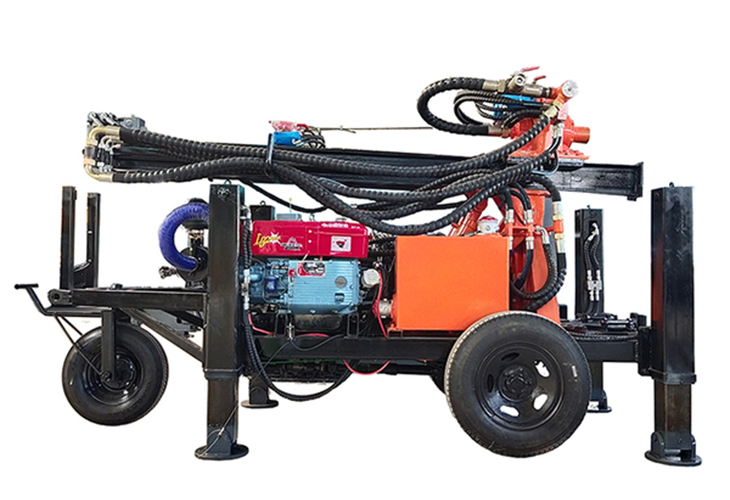water well drilling in clay
Navigating Clay to Reach Aquifers: The Art of Water Well Drilling
Water is a pragmatic necessity for our sustenance and survival. In certain areas of the world, obtaining clean and safe drinking water can be difficult. To overcome this, water well drilling is advantageous. By digging an opening in the soil to reach an underground aquifer, a successful well can be attained. It may pose some difficulty since drilling in clay can be tricky, but with the correct equipment and application of suitable techniques, it is achievable.
The Difficulties of Borehole Drilling in Clay
Clay soil possesses an unfortunate combination of small, widely compacted particles coupled with a limited capacity to absorb water. When confronted with moisture, the soil can quickly swell and turn into a viscous, impenetrable mush. This conundrum easily impedes drilling operations, often causing clogged equipment and difficulties reaching the desired size of drilled hole.
Besides being inherently unstable and liable to collapse during drilling, clay soils can also form considerable holes and emptiness, causing a dip in the borehole’s diameter. This can ultimately affect the well’s structural firmness.
Strategies for Boring a Water Well in Clay Soil
To conquer the difficulties of drilling in clay, multiple methods are used. One of these is the use of bentonite, a type of clay with a great capacity for absorbing water and creating a slurry when mixed with H2O. The resulting slurry of bentonite can be used to secure the borehole when drilling, while simultaneously decreasing the possibility of hole collapse. Aside from that, the bentonite slurry functions as a lubricant to protect drilling equipment from blocking.
If one wishes to more efficiently pump drilling water, then the utilization of polymers may provide a solution. Polymers are a form of chemical compound that can be added to the water itself, reducing the surface tensions and thick viscosity. This, in effect, keeps the clay particulates suspended without it forming any clumps. All-in-all, it makes for a more streamlined and effective pumping experience.
Identifying Optimal Equipment
Selecting the optimal drilling equipment for clay-laden terrain is an essential factor in water well drilling. It must have the capacity to tackle the rigors that the job requires and be able to reach the desired depths; all while being outfitted with a casing that can provide support to the borehole and protect it from cave-ins.
If you’re trying to drill a water well in clay soil, you’ll need to approach it with caution. But with experienced guidance and the right tools, it’s possible to have a reliable source of potable water for years to come. A reliable drilling contractor is the best ally in this endeavor – they’ll provide the best strategies for designing your well and how best to tackle the daunting task of drilling through clay. With proper planning and precise execution, it’s possible to drill a successful well in clay.
-
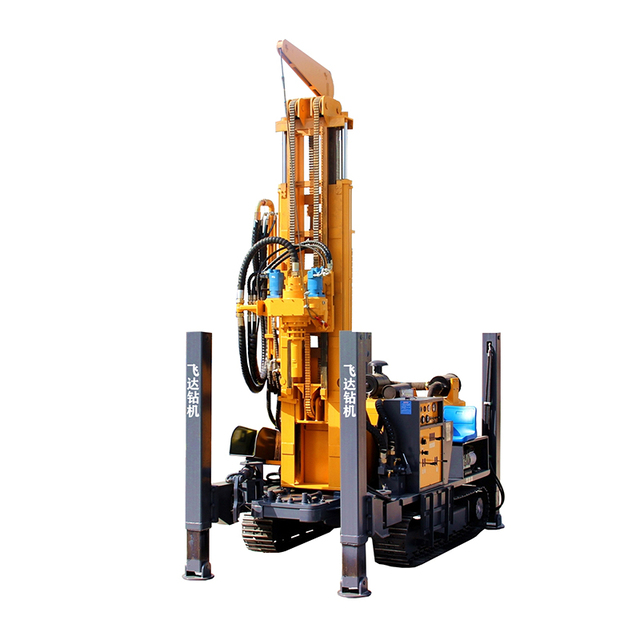 FY300 Water Well Drilling RigView More >
FY300 Water Well Drilling RigView More > -
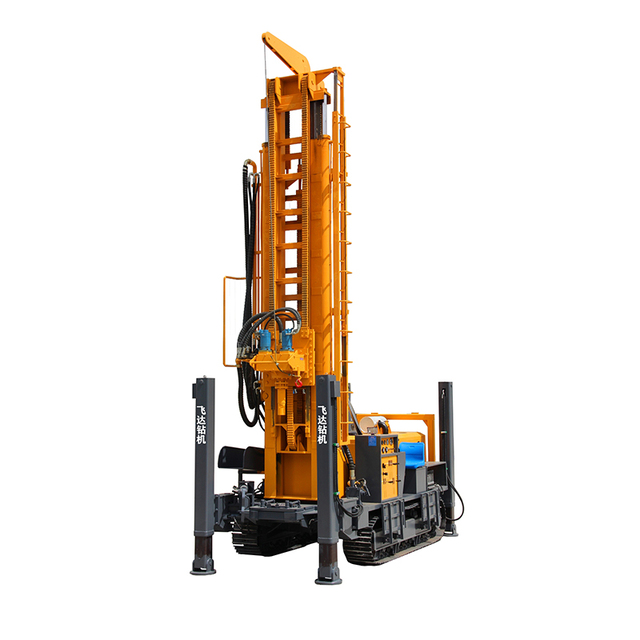 FY580 Water Well Drilling RigView More >
FY580 Water Well Drilling RigView More > -
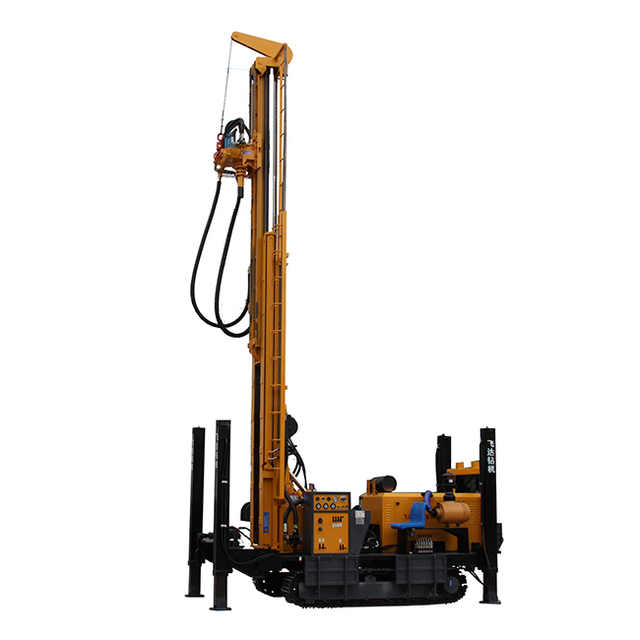 FY500 Water Well Drilling RigView More >
FY500 Water Well Drilling RigView More > -
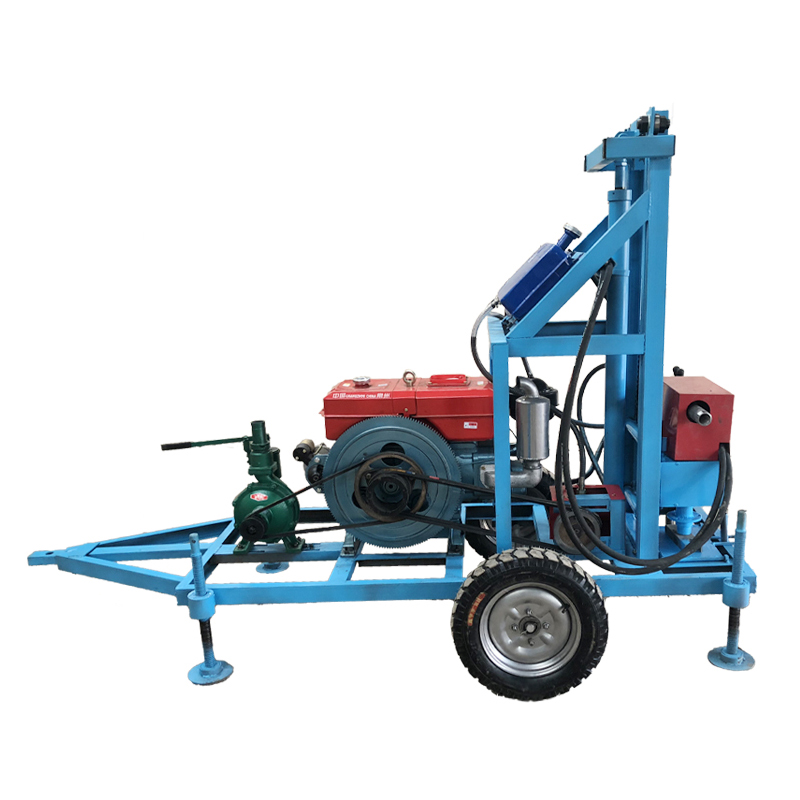 Diesel 12HP180View More >
Diesel 12HP180View More > -
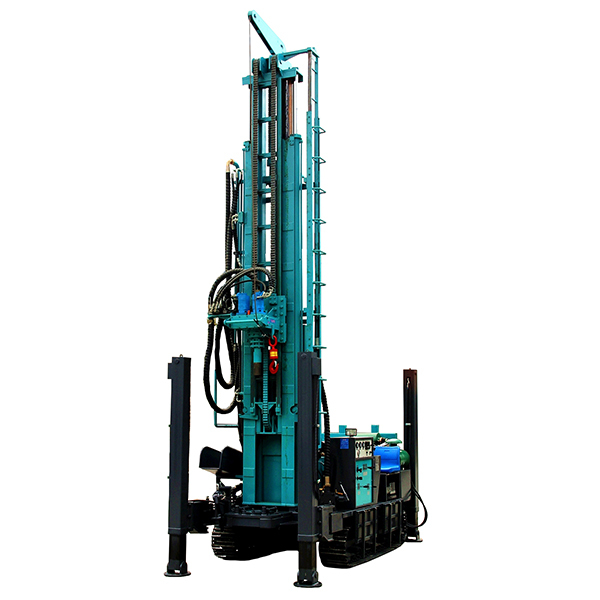 FY380 water well drilling rigView More >
FY380 water well drilling rigView More > -
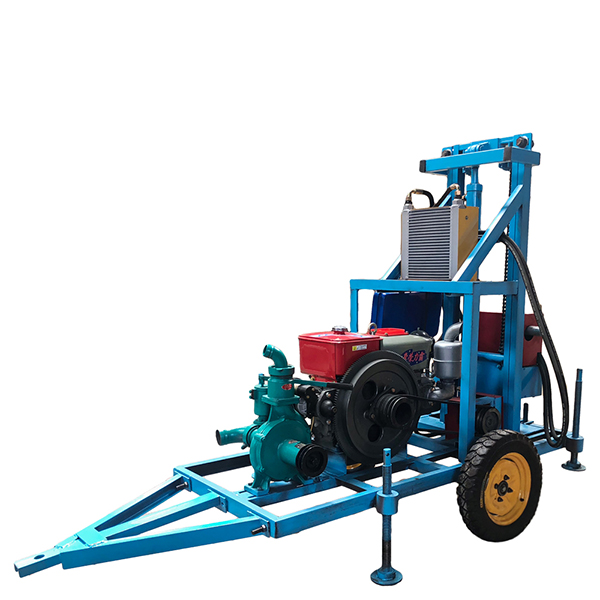 Diesel 22HP180View More >
Diesel 22HP180View More > -
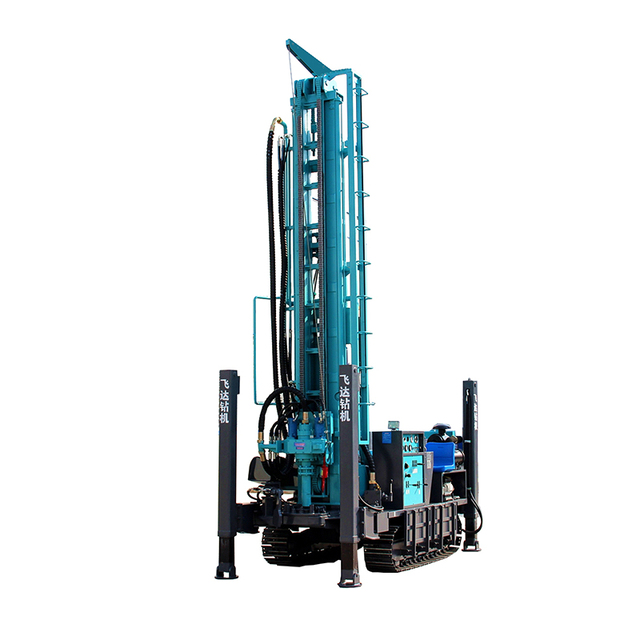 FY280 Water Well Drilling RigView More >
FY280 Water Well Drilling RigView More > -
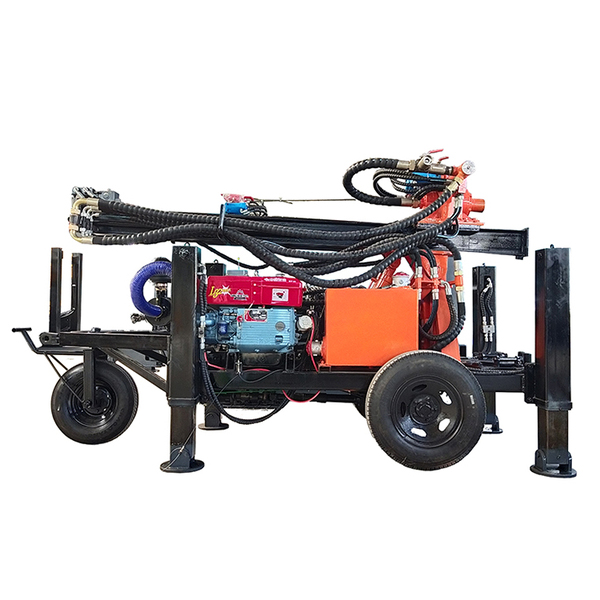 FY130 Water Well Drilling RigView More >
FY130 Water Well Drilling RigView More > -
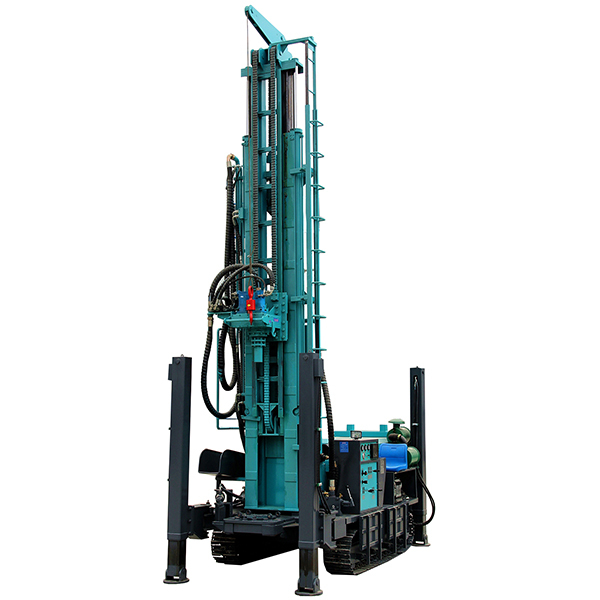 FY450 Water Well Drilling RigView More >
FY450 Water Well Drilling RigView More >
Warning: Use of undefined constant rand - assumed 'rand' (this will throw an Error in a future version of PHP) in /www/wwwroot/www.sunritawdr.com/wp-content/themes/msk5/single.php on line 65
-
j c water well drilling
-
water well drilling in fresno ca
-
colorado water well drilling companies
-
build your own water well drilling rig
-
water well drilling santa fe n.m
-
water well drilling companies in ashland ohio
-
water well drilling hominy okla
-
building a water well drilling rig
Warning: Use of undefined constant rand - assumed 'rand' (this will throw an Error in a future version of PHP) in /www/wwwroot/www.sunritawdr.com/wp-content/themes/msk5/single.php on line 123


